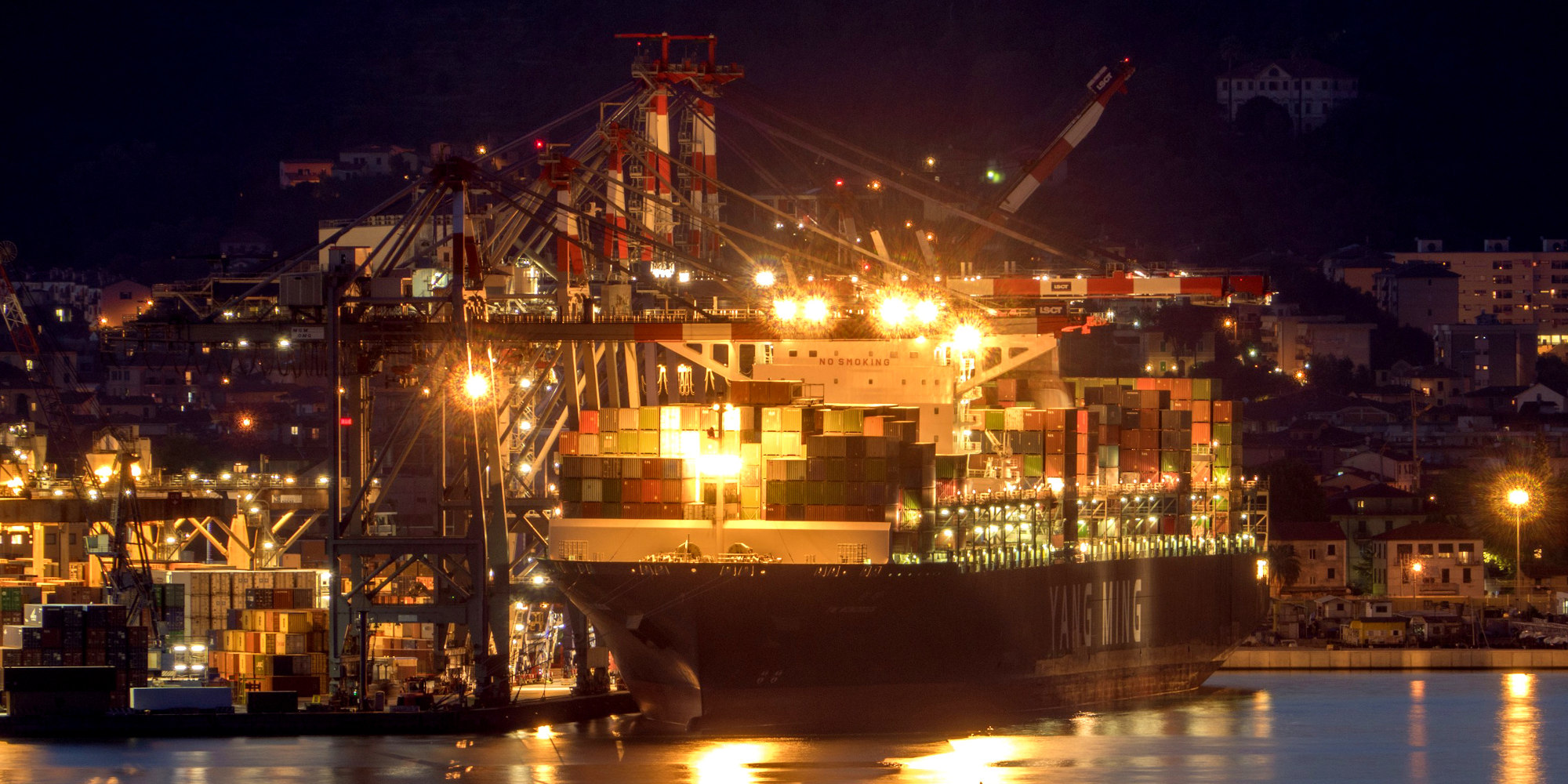Olaf Merk shares with Edward Ion some reflections on hot topics of the shipping sector: vertical integration, BER (Block Exemption Regulation and development opportunities for the logistics and transport sector.
There’s a growing concern about the vertical integration pursued by the global carriers: what will be (if any) the upper limit to this growth and service-integration effort?
At the moment there is no limit to this development in most countries. Quite the contrary, as we have demonstrated in our Report on Maritime Subsidies, EU policy actually facilitates vertical integration by carriers.
Do you agree with the European Commission evaluation on BER (Consortia Block Exemption Regulation)? Who do you think is the biggest winner/loser on the decision to continue the BER?
We have not made a secret what we think of the EU Consortia Block Exemption Regulation:we wrote two reports about it! In essence our perspective is: it is not needed, creates legal confusion and provides privileges to container carriers, at the expense of shippers, ports, port service providers and tonnage providers. Who suffers the most depends on local circumstances. In some countries this will be ports that will suffer from the market power of cooperative arrangements of carriers, in other countries it will be tonnage providers or shippers.
Making shipping a better industry: what do you think are the main challenges ahead?
The main problem is that one sector can reduce its own costs by offloading them to other parts of the supply chain, to the public sector, to citizens. So we have very low ocean shipping costs that do not take into account air pollution, climate change, infrastructure costs, tax avoidance, labour conditions in ship recycling facilities and so on. The main challenge is to take all this into account in the price for shipping services. Or as economists would say “to internalise externalities”.
In the logistics sector, companies still struggle to recognize the value of intermodal transport and sustainable logistics, due to limited awareness of the environmental impact of trucking. Is there an opportunity for companies to adopt sustainability as a product differentiation strategy?
Yes, I think there is a market for products with zero-carbon transport footprints. For this to happen, there needs to be some sort of certification standard that could be rolled out and become well-known. And of course a mobilisation of responsible consumers.


 Olaf Merk leads the work on ports and shipping at the International Transport Forum (ITF) of the Organisation for Economic Co-operation and Development (OECD).
Olaf Merk leads the work on ports and shipping at the International Transport Forum (ITF) of the Organisation for Economic Co-operation and Development (OECD).
